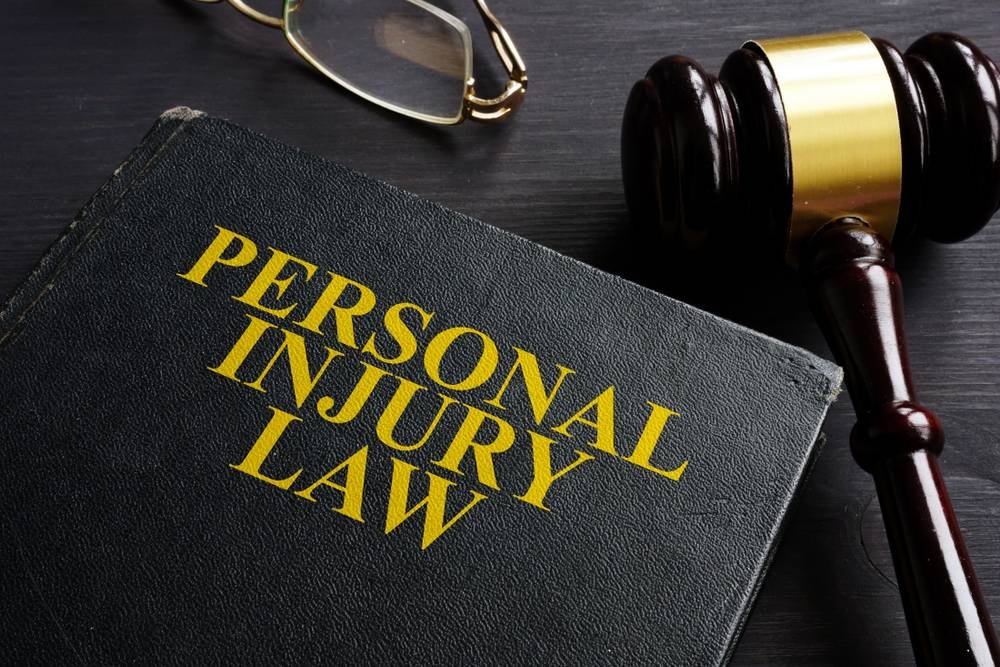Contact Us at 786-986-8675
Will My Florida Personal Injury Case Go to Trial or Be Settled?

You might be exploring all of your legal alternatives if you or a loved one has just been harmed by someone or a business. This might involve bringing a lawsuit for personal injury.
You may have questions such as:
- What percent of personal injury cases are brought to trial?
- What percentage of cases settle before trial?
- Do most personal injury cases settle?
The response to every question is based on the details of your case. These legal questions are framed by a set of proven facts. Legal questions frequently have to do with doctrines including comparative negligence, contributory liability, and rebuttable presumption. Personal injury attorneys are often required to guide you through these intricate legal concepts.
In civil cases involving personal injury, negligence, or intentional conduct will be involved. In either instance, the plaintiff has to establish that the defendant’s actions were willful or failed a legal standard of care. The plaintiff also has to establish that the injuries suffered by them were caused by the defendant and not by some other cause.
Many variables can affect a plaintiff’s recovery chances (and the amount they’re owed), and a defendant’s liability. The analysis of these variables is best left to the expertise of an experienced attorney.
Accidents Involving Injuries to the Body and Vehicle Accidents
Insurance companies are involved in the majority of personal injury claims. In the case of an car accident for instance, the issue is complicated by Florida’s no-fault law. In this scenario, it does not matter to a certain extent who is at fault.
You will still have to deal with your insurance company about the extent of the injuries you sustained and their limitations on no-fault insurance obligations. Your no-fault insurer, for example, is not responsible for pain and suffering damages.
You will need to file a civil lawsuit if you wish to receive compensation for damages that exceed the limit of your no-fault policy. You don’t have to go before a jury and a judge if you sue someone. The vast majority of personal injury cases are settled prior to trial.
Should You Settle Your Case or Sue It?
This question cannot be answered until you provide more information about your case. Your lawyer will prepare a demand letter that you must serve on the defendant.
In your Demand Letter, you may state the damages that you claim (amount and descriptions) along with the legal basis of your claim. The letter may also include the relevant facts, evidence and deadlines for settlement in order to avoid litigation. Your lawyer can determine the best strategy for your case. They might, for example, decide not to reveal all the cards upfront.
The defense attorney has the opportunity to reply to the demand letter. It may be as simple as an acknowledgement of receipt. The negotiation process will start, regardless of the outcome.
After reviewing your options, your attorney will tell you if it is worth pursuing further negotiations or filing a lawsuit.
Contact Us at 786-986-8675

What Are the Advantages and Disadvantages of a Lawsuit?
Pros
- In general, the potential damages awarded by a lawsuit are greater than those of a settlement.
- A lawsuit could force the defendant to settle. Settlements can take place at any point after the lawsuit has been filed, including after the trial begins and before a final verdict.
- Sometimes, the defendant or his insurance company will not settle for an amount that is reasonable. You have no other choice.
Cons
- It can take years to bring a lawsuit. Even if the damages awarded are favorable, you must consider your time.
- The defendant may appeal even if the damages awarded are good, prolonging the process.
- In a lawsuit, there is always the risk of losing or recovering nothing.
- Even if you hire an attorney on a contingency basis, a lawsuit can be expensive.
What Are the Advantages and Disadvantages of a Settlement Agreement?
Pros
- Settlements are quicker. Settlements are often less time-consuming than lawsuits, which can take up to a year. Insurance companies will settle quickly if they are inclined to do so. Delay costs them in attorney fees and other expenses.
- Settlements are less stressful than litigation.
- The settlement is final. An award that is positive in a litigation case can be appealed. A successful appeal could result in a more prolonged process and even overturn the favorable award of a lower court.
Cons
- You may regret your settlement if you think you could have won more money in a lawsuit.
- A settlement cannot be appealed. Settlement agreements typically provide a “save-and-hold-harmless” clause that precludes any further actions. No further action is allowed if new injuries develop.
What Legal Options Are Best for You and Your Family Members?
According to some statistics, 90 percent of all personal injury cases settle. This statistic shouldn’t dictate whether you choose to litigate or settle. Each case should be evaluated individually. This statistic is also misleading. Most, if not all, of these settlements were reached after a suit was filed.
You should listen to the advice from your lawyer.
Your attorney can give you an educated estimate of the ideal settlement for your case. Your attorney can provide you with an honest evaluation of the worth of your claim and assist you in customizing your settlement to achieve the greatest recovery.
Are you ready to start your personal injury case now? Contact Link UP Solutions today to schedule your free initial consultation.